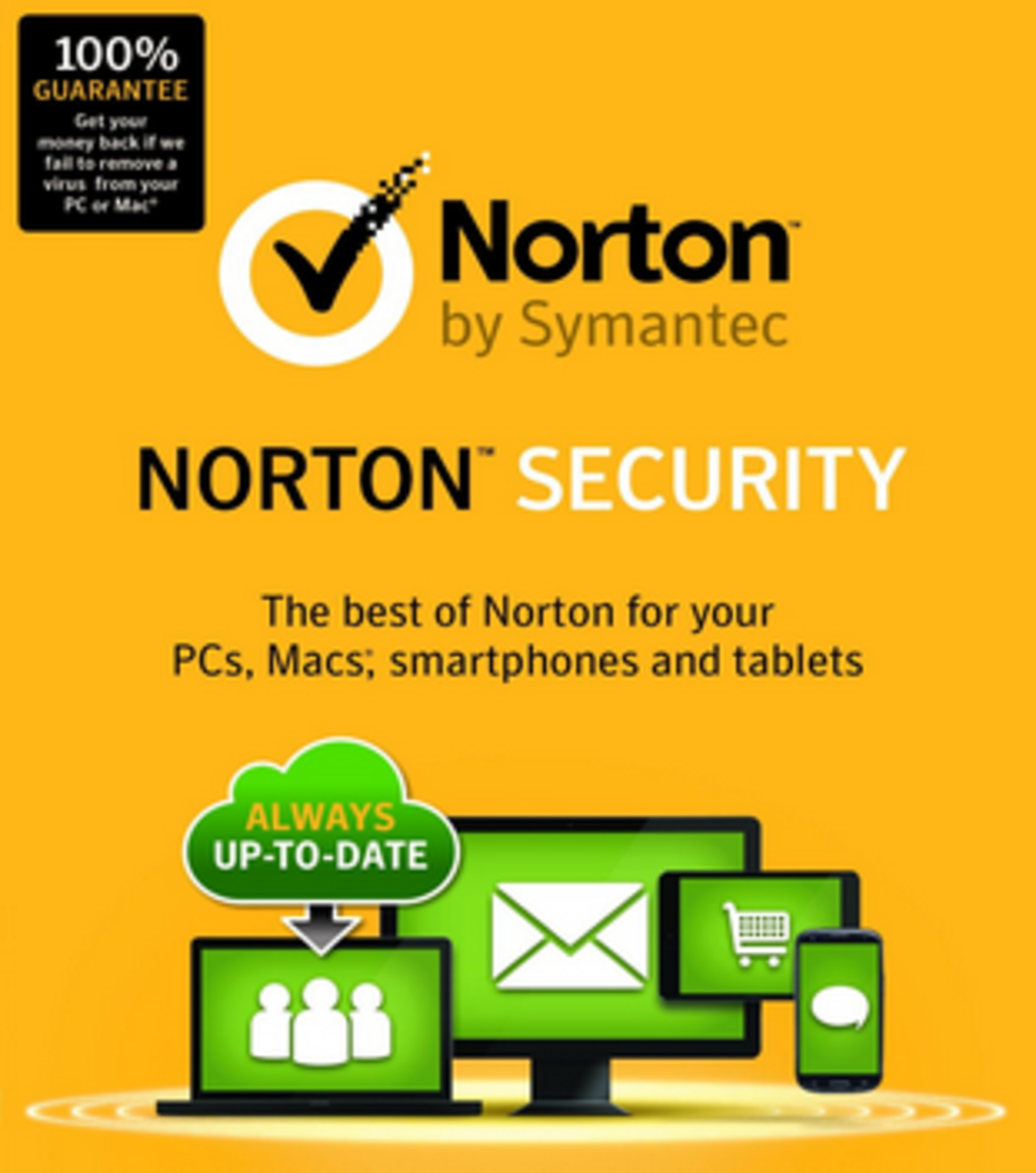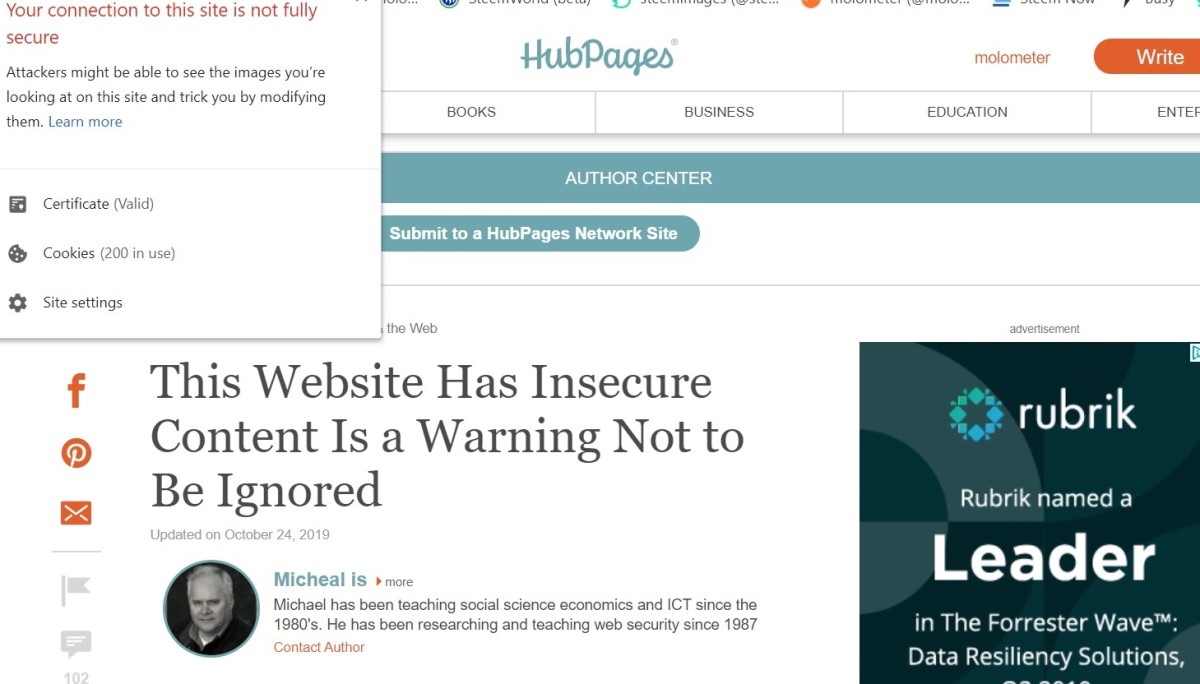Why Blame Stophaus?

In The New York Times article “Devices Like Cable Boxes Figured in Internet Attack” (dated March 29, 2013) http://www.nytimes.com/2013/03/30/technology/devices-like-cable-boxes-figured-in-internet-attack.html?_r=0, its author first blames the recent “powerful Internet attack” on Stophaus, an “elusive group of disgruntled European Internet users,” then, perhaps (suggests) Russian Internet service providers, then cable box providers and then users (with bad servers). Its suggested remedy? Call your local cable provider and “tell them you do not want to be running an open resolver - a tough question [they admit] when most of the world’s population does not even know what an open resolver is.”
But is the problem really as complicated as all that? Must we all become computer geeks to look at our email or send a message on Facebook? Is it truly so difficult and at once mystifying?
For one thing, the Federal Bureau of Investigation (“FBI”) has a contract with one of the biggest cable companies in the country, a contract that enables it to to use (somehow) the cable box as a surveillance tool. It admits this capability in its own newsletter dated September 7, 2004. Therefore, why should anyone have to know what an “open resolver” is at all? Why doesn’t the FBI call its affiliate and tell them to close their resolvers [whatever they are]? After all, wouldn’t an “open resolver” interfere with its ability to carry out its own objectives? And is it a leap of thought to make the connection that perhaps all “open resolvers” might be open by necessity due to legitimate law enforcement activity?
Moreover, is finding an open resolver made easier when Group Policy is set by default for computer users that prevents them from using their computer as a local user? Are the computer manufacturers the ones enabling these hackers by inviting them to open resolvers by default?
Even if you discount that such activity would by necessity leave a resolver open (whatever that is), would you at least count the probability that over-the-top surveillance would inadvertently lead hackers to many servers and leave us open for attack by “disgruntled” foreign hackers? Is it a leap of the imagination to contemplate that in fact all this might be due to the over-the-top hacking of computers by not only the FBI (through cable boxes, for what we hope is legitimate surveillance [Oh God! We hope!!]) or disgruntled liberal activists (it is no secret that conservative computer users are discriminated against on-line more than liberal users) that is the catalyst by which groups across the world might gain access through these open resolvers (what is that again?)?
One thing clear to me - and I cannot claim responsibility even if I wanted to - is that my computer does not allow me to operate it as a “local user.” In the computer management files, I am configured as a user under the computer’s “Group Policy” for which there is a password (not created by me!) that when dismantled by my switching to “local user” (which should be my prerogative if I choose to block out remote users) disconnects me from control over my own firewall and Internet. My provider told me this setting is “by default” and I do not have the power to change it. Why?
Moreover, in the Help menu provided by my system, it instructs me to choose “Local User” as the setting - but I am not permitted to do so. Why? Obviously, the computer when initially configured had this setting available to users, but now it is not available to me? Why?
One thing I do understand even though I am not a computer geek: Stophaus does not care - I am sure - whether I write conservative articles about politics and medicine that are at variance to the political philosophy of this administration. It is not Stophaus who cares, for example, to take administrative control over my computer so I cannot print (by default my printer will not function UNLESS those controlling my computer get a copy), or write articles with my Word software (any word processing program I install on my computer is dismantled to prevent me from using it), which means that I am permitted NO RIGHT to even compose a letter or apply for a job, even when I paid for the word processing programs Microsoft Word and Adobe Acrobat so I could compose letters and apply to jobs.
It is not Stophaus or even its Russian counterpart who care to use ATI Technology devices and WatchDog computer devices (WatchDog is a program that allows hackers virtual administrative control over its victim’s computer) that prevent me from removing Webcam and YouCam from my computer (even though I use the proper removal tools). No sirree, it is not Stophaus that cares to “listen” and look at my face while I am at my computer, or who cares that I publish articles about the exploitation of me by doctors who networked to keep me from receiving medical care. In fact, by the characterization of its antagonisms, if it were them, they would not be wasting their time with me, personally, at all.
The real culprit? Rather than it all being due to “open resolvers,” bad or sloppy servers, or forgetful users, those hacking others computers for political reasons - in retaliation for simply holding an opposing view, for example - are the ones leaving open our “resolvers” that in turn are allowing giant disgruntled foreign Internet users open avenues to exploit our servers. And it is by purposeful computer design - the political operative's attempt to control all manner of free speech (even before anything is actually stated) - that Stophaus, or some other disgruntled foreign hackers, if not guilty now (it has denied its involvement), could be enabled to carry out an attack that would - as this article states - “hit everything at once, and that’s when this gets real.”
I do not know about you, but I find this article to be a total deflection from the real and true problem: overzealous need to control what should be free speech in our country. Efforts to silence half a population (about half the electorate) require a very strenuous all out synchronization of servers and hackers to implement effective control over the network, and to succeed at quashing a ripple of communication by a user requires that a “group” designated under a “group policy” would indeed - by all commonsense delineation (even if you’re not a geek), leave us all open to cyber attacks whether we be private users, a large corporation, or even those hard-working hackers intent on silencing all those with whom they disagree or who have something to say independent of “Group Policy.”
Conclusion: Simply allowing a user to choose their own local provider rather than Group Policy would make access to systems more challenging for a hacker, even if there remain “open resolver” issues, as well as demanding the government contact its local cable affiliate and order it to close its "resolvers" (whatever they are). How ridiculous to suggest that we call our local cable company to complain about something this article admits no one knows anything about.






